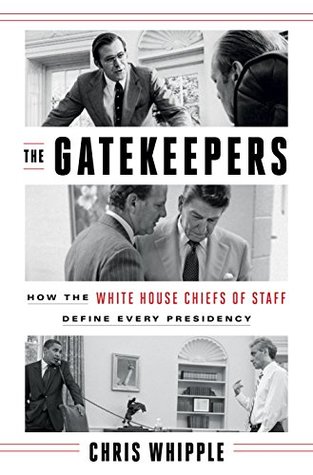More on this book
Community
Kindle Notes & Highlights
Read between
October 17 - November 2, 2024
At fifty, Baker had nothing to prove. “I’ll tell you this,” says Margaret Tutwiler, “and I believe it about Baker and I believe it about Reagan: The most successful managers are those that are secure enough to surround themselves with extremely strong-willed, talented people.”
Baker charmed the jaded press corps by telling them everything he could on “background”; he warned them off half-baked stories and was always accessible, day or night. (Though he rarely agreed to be quoted directly.) “He understood that the press corps was part and parcel of governing,” says Tutwiler. “He always treated them with respect—even if he couldn’t stand the individual he was dealing with.”
If some viewed Baker as copresident, he didn’t see it that way. “You are extraordinarily powerful when you are White House chief of staff,” he says. “You may be the second-most-powerful person in Washington. But the minute you forget that your power is all vicarious from the president—then you’re in trouble. Your job is to make sure the president gets to hear all sides of every issue. But that doesn’t mean that you don’t make your case.”
“There was quote-unquote the true believers versus the pragmatists. You’re supposed to have that. If you don’t, you’re not having the creative tension you need in a White House—that’s how you get kind of the intellectual energy and the political energy to get things done. You also need it not to become acrimonious, personal, and then spill out. My point is, you need this, and a good president wants it.”
“Budgets are not about numbers,” says Lew. “They’re about values. It’s about what do you believe in, in a world of limited resources—what are the things you’re going to double down on, and what are the things you’re going to do less of.”
Kelly himself dismissed the notion that he would discipline the president. “I was not brought into this job to control anything but the flow of information to our president so that he can make the best decisions,” he said in the White House press room. “I was not brought in to control him.” The remark betrayed Kelly’s ignorance of the chief’s most important duty: telling the president what he does not want to hear. “I thought it might be a smart thing to say publicly for the boss to hear,” said Bolten. “But to actually give up on that function I think is a huge and dangerous mistake. As chief
...more


